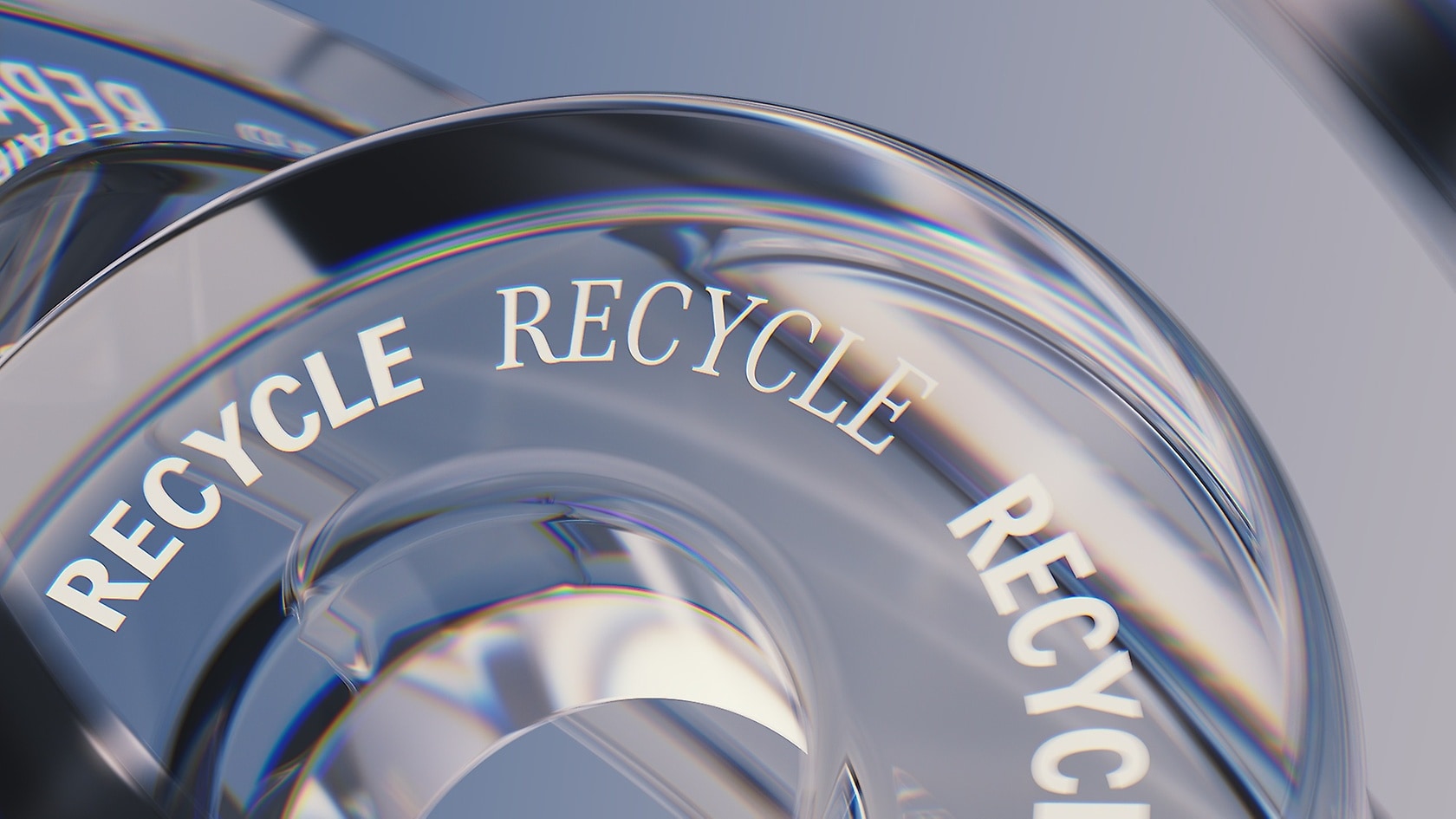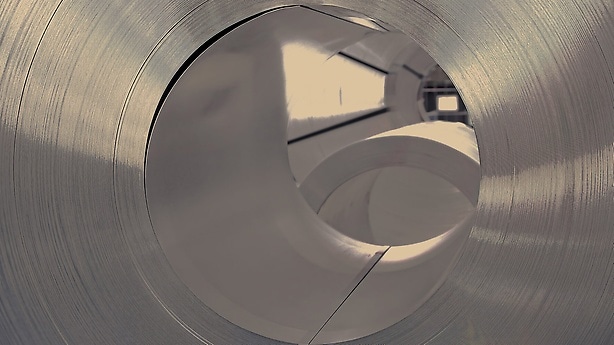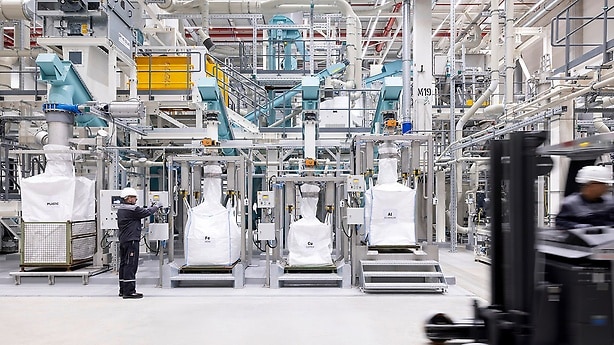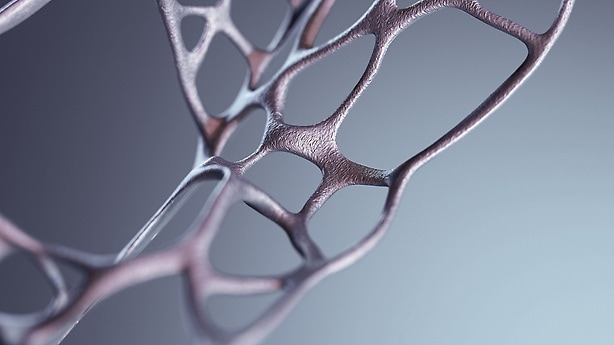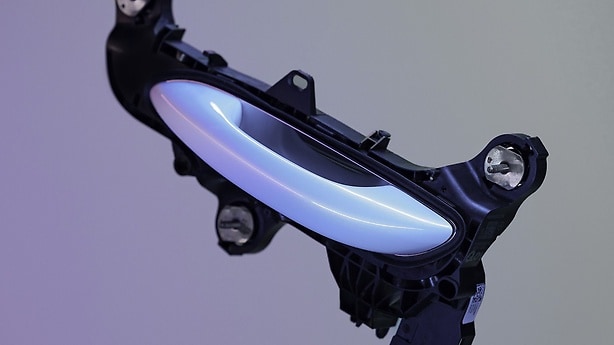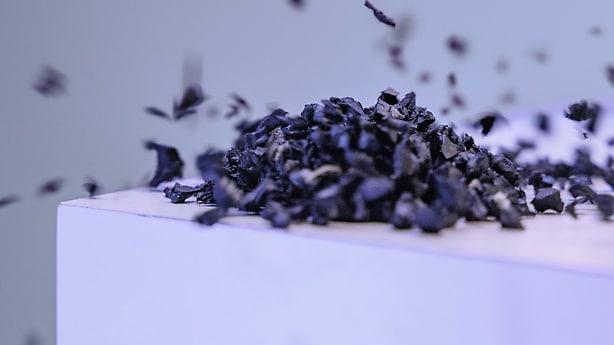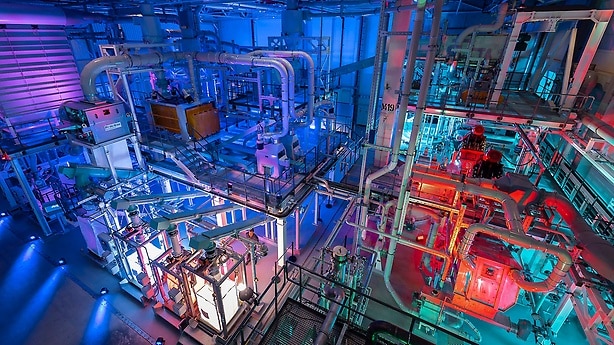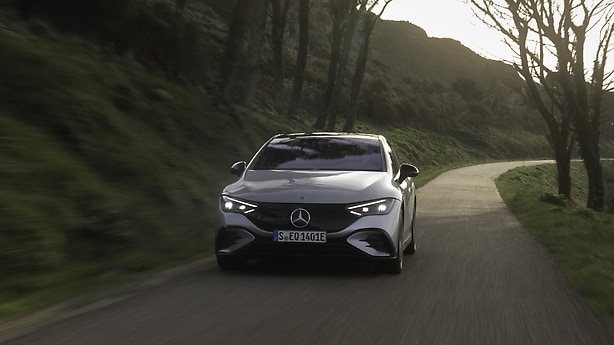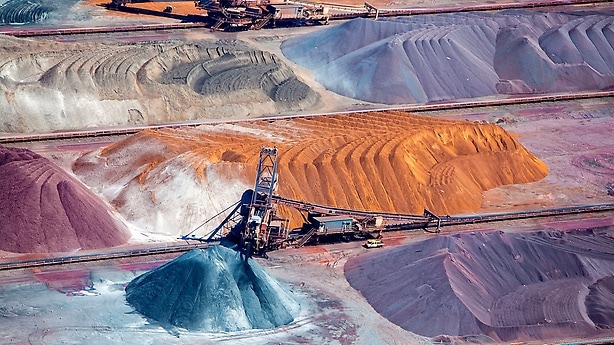Our aim is to increasingly decouple the consumption of resources from the growth of our production volume and reduce the use of primary resources in our vehicles.
The worldwide consumption of resources is growing – with negative consequences for the environment and society. That’s why we want to make our contribution to promoting both economic growth and sustainability. For example, we are consistently working to increasingly close material cycles. The use of resources and the circular economy are one of the six sustainability focus areas at Mercedes-Benz.
